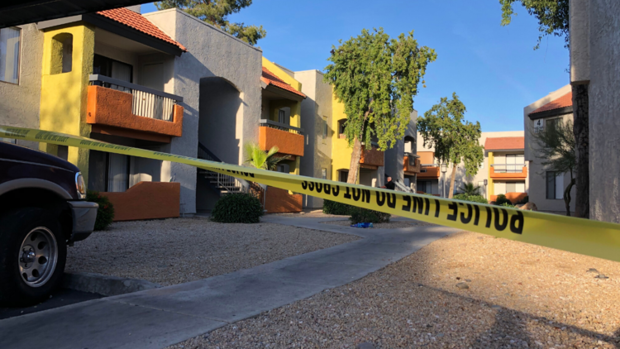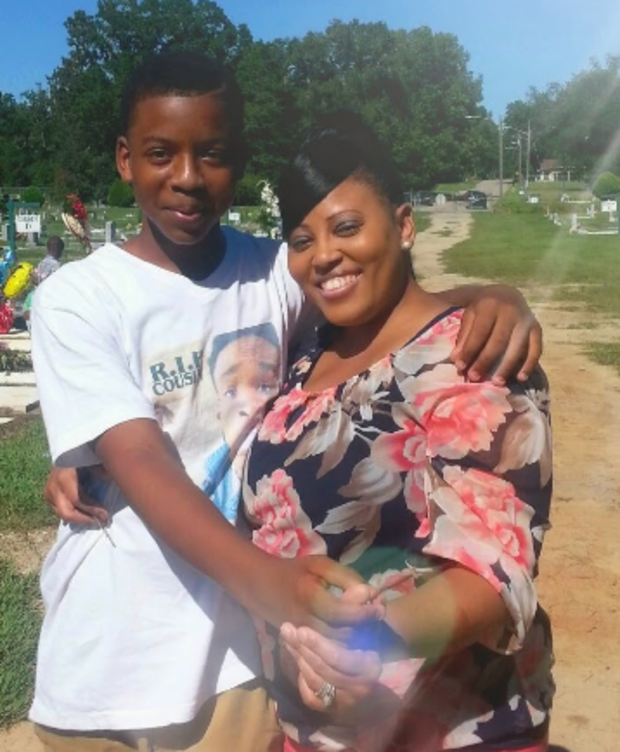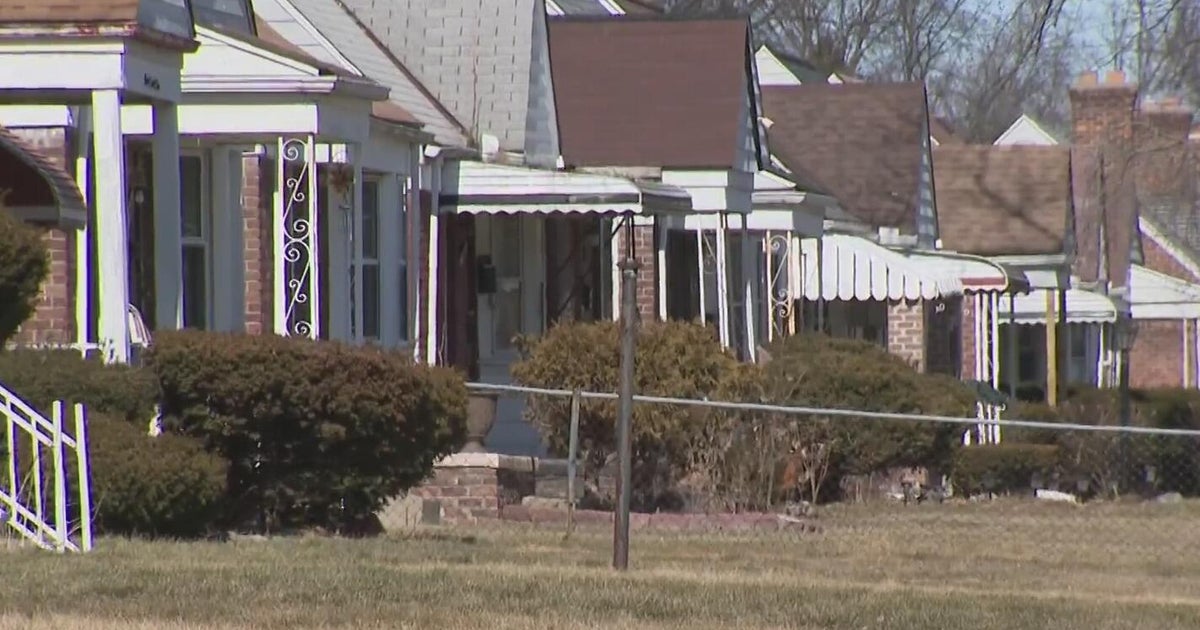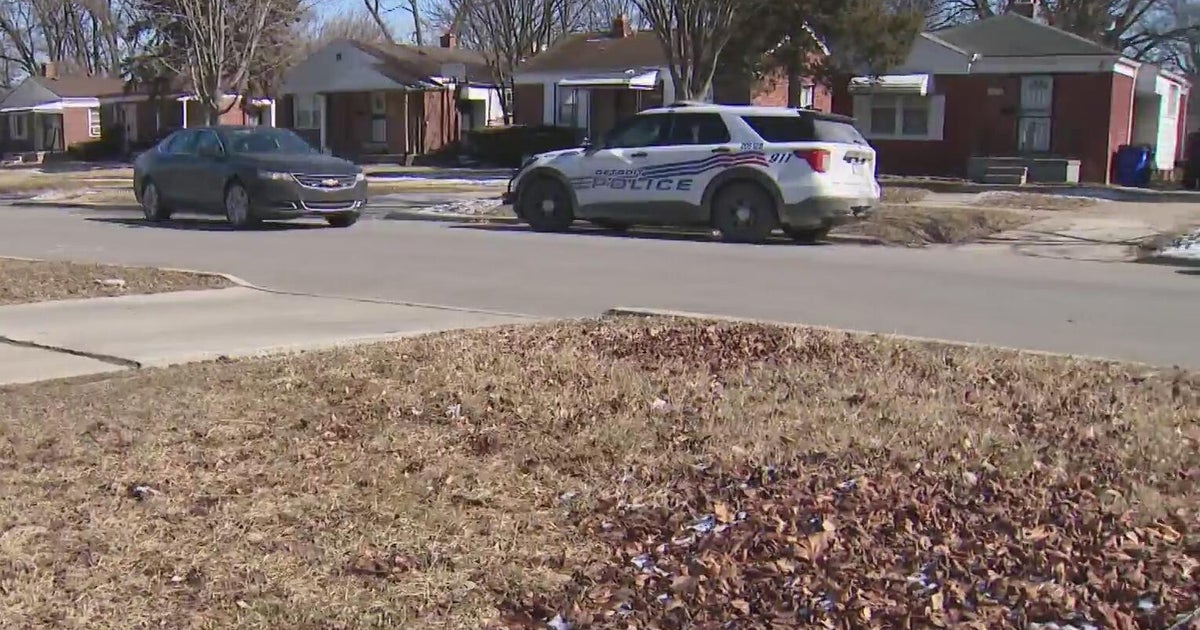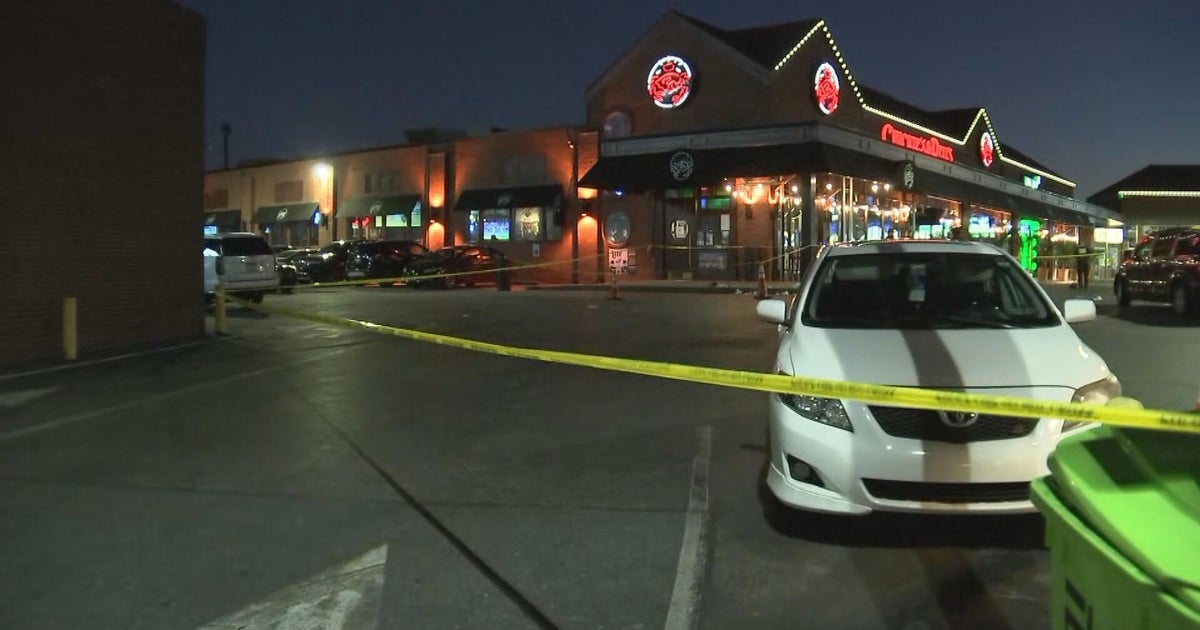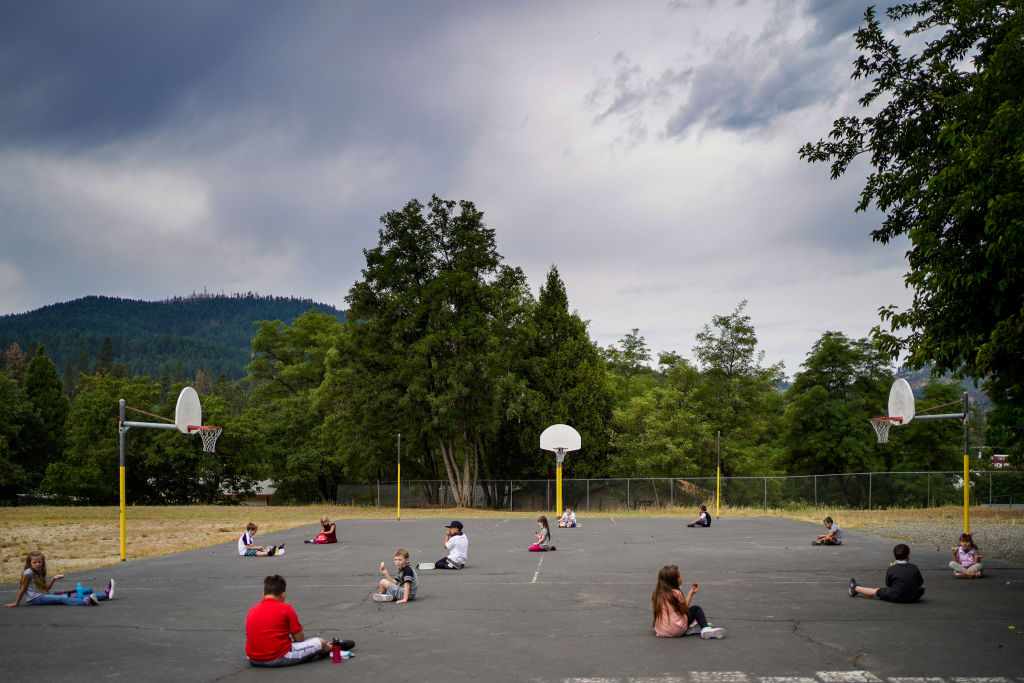"Alarming" spike in deadly unintentional shootings by kids as gun sales soar during lockdowns
Deadly unintentional shootings by children increased 43 percent in March and April compared to average gun deaths during the same two months over the last three years, according to data analyzed by advocacy group Everytown for Gun Safety. The "alarming uptick" coincided with the time span that gun sales were surging during coronavirus lockdowns.
Gun safety advocates have feared that with schools closed and children experiencing boredom and isolation in quarantine, kids would be at an increased risk of finding unsecured guns in their homes. Those concerns have only increased with historically high gun sales in March and April. Now, they say, the data suggests that their fears are becoming a grim reality.
"We know that there are risks to having guns in the home, and with the surge in gun sales in the last two months, it could create more opportunity for kids to gain access to guns and unintentionally hurt themselves or someone else," said Shannon Watts, founder of Everytown's anti-gun violence volunteer network Moms Demand Action. "The numbers show there's been an increase in these horrible shooting tragedies during the time the pandemic was at its peak."
In March and April of 2020, unintentional shootings by children under 17 led to 21 deaths, as compared to an average of 15 deaths for the same time period between 2017 and 2019, according to Sarah Burd-Sharps, research director for Everytown for Gun Safety Support Fund. The group, which maintains a database of the shootings culled from media reports, will release the analysis on Friday and has shared the data first with CBS News.
At the same time, a firearms industry trade association was marking the busiest month on record for firearm transactions in March. The National Shooting Sports Foundation, which adjusts federal data to reflect only background checks associated with firearm sales, said those checks spiked to more than 2.3 million in March, representing an increase of 80 percent from March 2019. April's background checks for firearm sales spiked nearly 70 percent to 1.6 million compared to the same month last year, according to the trade association.
Burd-Sharps said her group, Everytown for Gun Safety, is "seriously concerned with how this influx of guns will increase safety risks for children and teens."
"Adults can't count on children to 'know better' and not touch firearms," Burd-Sharps said. "It's always a parent's responsibility to keep guns out of the reach of children and teens, especially as more young people are home during the quarantine."
Each year in the U.S., nearly 350 children under 17 gain access to a gun and unintentionally kill or injure themselves or someone else, according to Everytown. Nearly 77 percent of the incidents happen inside the home.
In some of the recent cases reviewed by Everytown, children who found unsecured guns in their home unintentionally killed themselves. In other cases, the child fired shots that killed another child. Unintentional shootings by children that led to injuries also increased for the same time span, from 33 to 35, Burd-Sharps said. The group fears that unintentional shootings could be under-reported, as coronavirus restrictions may have impeded local media's ability to cover the cases.
In one of the shootings, a seven-year-old boy unintentionally killed his three-year-old sister in their suburban Denver home as the two were playing "swords," the Associated Press reported. The little girl had been using a broomstick, and the boy picked up a .12 gauge shotgun his mother had left leaning next to the couch. The gun went off, fatally striking the girl in the chest.
According to a police affidavit obtained by the AP, the mother told police she had forgotten to put away the gun the night before and had left it loaded because she was worried about break-ins. When police responded, the boy reportedly came to the top of the stairs with his hands up, saying, "I'm sorry, I was playing with the gun. I didn't know it was loaded."
The mother was reportedly arrested on suspicion of child abuse resulting in death, and the boy and a 2-year-old sibling were placed in child welfare custody.
The American Academy of Pediatrics says the safest way to prevent child unintentional shootings is to have no guns at all in the home. Absent that, they recommend storing guns unloaded and locked, with ammunition kept in a separate place, to mitigate risk.
Prior to the pandemic, Everytown estimates about 4.6 million children in the U.S. lived in homes with at least one gun that is loaded and unlocked, citing a 2015 national survey in the Journal of Urban Health. Everytown fears that number will increase, and they are pushing safety messages for gun owners -- especially those who might have purchased guns for the first time. Anecdotal reports suggest that many of the recent sales were to first-time gun owners, according to NSSF. Advocates worry that new owners may be unfamiliar with secure storage best practices and may not have access to safety training because of lockdown restrictions.
"It's so important for gun-owning families to know that having an unsecured gun in their home could mean the difference between life and death for kids and teens, and it's an especially important lesson for new gun owners who may have just purchased a gun during the pandemic," Watts said.
Watts said safe storage can also help prevent teen suicide and, when school resumes, on-campus gun violence. Her volunteer group has for the past five years spread their safe storage message, known as the Be SMART program, in communities across the country. Everytown also last month launched a $400,000 video public service announcement to run on streaming services and other digital platforms stressing the importance of securing guns.
NSSF, the trade association, urges all gun owners to lock firearms when not carried on the body or in use and emphasizes gun safety. The group recently debuted new resources for first-time gun-buyers, including safety videos. Its Project Child Safe, a national gun safety and education program, also launched a firearm storage and safety assessment quiz.
"Our industry is seeing record-breaking sales in the midst of the COVID-19 pandemic, with a large percentage of these consumers being first-time gun buyers," Joe Bartozzi, NSSF President and CEO, said in a statement. "We want to be sure these new gun owners have as much information as possible about how to handle, use and store firearms safely and responsibly."
There are no current federal standards for locking guns, according to the Giffords Law Center to Prevent Gun Violence. Eleven states have laws about firearm locking devices -- Massachusetts is the only state that generally requires all firearms be locked, according to Giffords, and California, Connecticut and New York impose the requirement in certain situations. Sweeping anti-gun violence legislation introduced by Sen. Elizabeth Warren (D. - Mass) and Rep. Hank Johnson (D - Ga.) would strengthen gun storage laws by federally mandating guns be kept under lock.
"You can't buy a car without brakes -- you shouldn't be able to buy a gun without a lock," Warren said Monday, describing the legislation during an online gun safety forum organized by Everytown.
Also speaking at the "Demanding Women" forum was Julvonnia McDowell, whose 14-year-old son JaJuan was unintentionally shot and killed by a teen playing with an unsecured gun in 2016.
"My life was completely turned upside down and my heart was shattered into a million pieces," she said. "Nothing fit and nothing made sense, because I was broken."
McDowell now volunteers with Everytown's Be SMART program to spread the message about safe gun storage, an effort she says is saving lives.
"I continue to honor my son with my action," McDowell said.
